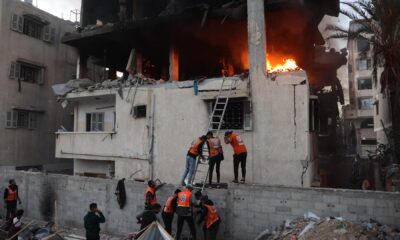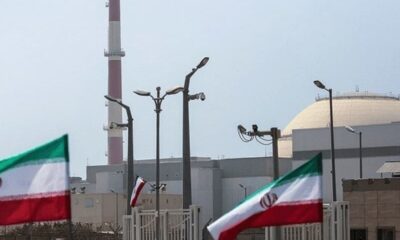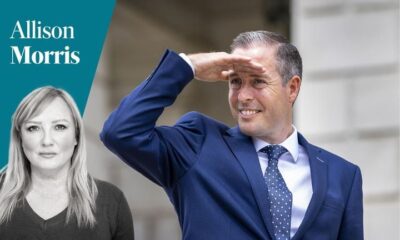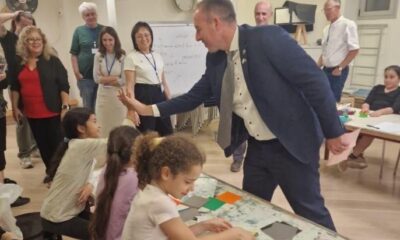Politics
Israeli Conductor Lahav Shani’s Performance Canceled Over Political Stance
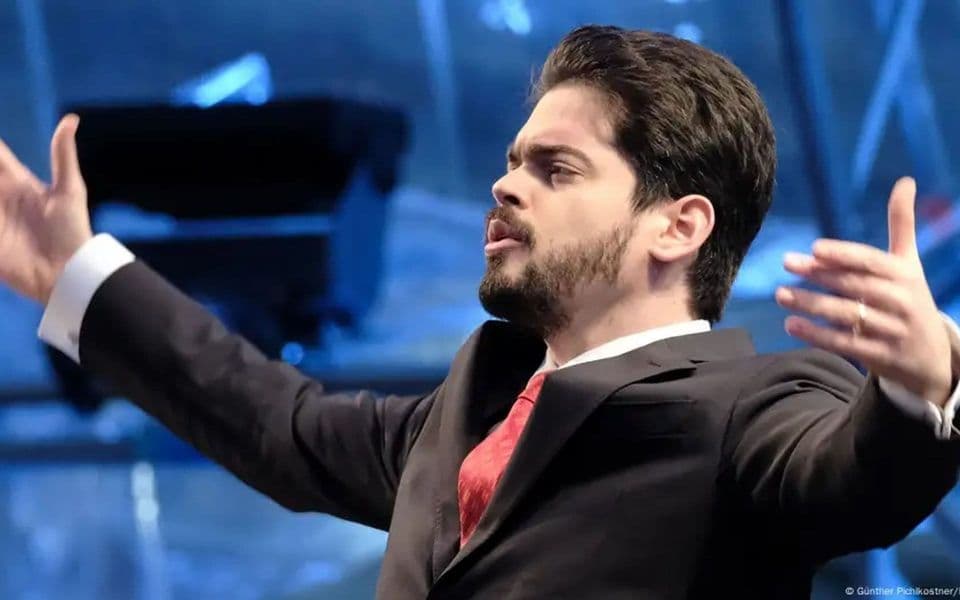
Israeli conductor Lahav Shani faced a significant setback recently when organizers of the Flanders Festival in Belgium canceled his scheduled performance. The decision stemmed from what the organizers deemed insufficient distancing from the Israeli government’s policies, which they characterized as genocidal. This incident underscores the growing tension between culture and politics, particularly for artists from Israel.
The Flanders Festival expressed its concerns explicitly, stating that Shani’s appearance would not align with their values, given the ongoing conflict in the region. This cancellation raises questions about the pressures placed on artists, especially those from countries facing international scrutiny. Shani’s situation highlights the increasingly complex relationship between artistic expression and geopolitical realities.
Many contemporary Israeli artists now find themselves in a position where they are expected not only to acknowledge the political climate in their country but also to publicly condemn their government’s actions. The pressure for accountability in the arts reflects broader societal demands for ethical stances from those in influential positions.
This incident is not isolated. Similar scenarios have unfolded in various artistic communities, where performers are called upon to take moral stands before they can engage with international audiences. The implications of such expectations can be profound, potentially limiting opportunities for cultural exchange and collaboration.
As the global community navigates these sensitive issues, the arts remain a critical platform for dialogue. The expectation that artists like Shani articulate their political views complicates the role of culture in bridging divides. The cancellation of his performance serves as a reminder of the challenges faced by artists in politically charged environments and the precarious balance they must maintain between personal beliefs and professional opportunities.
The Flanders Festival’s decision has sparked discussions about the responsibility of artists in the face of political turmoil. It raises essential questions about the intersection of art and activism, and how artists navigate their identities within the global landscape.
In a world increasingly divided by political lines, the arts remain a powerful avenue for expression and reflection. Yet, as demonstrated by Lahav Shani’s experience, the expectations placed on artists can significantly affect their careers and the cultural narratives they represent.
-

 Entertainment3 months ago
Entertainment3 months agoAnn Ming Reflects on ITV’s ‘I Fought the Law’ Drama
-

 Entertainment4 months ago
Entertainment4 months agoKate Garraway Sells £2 Million Home Amid Financial Struggles
-

 Health3 months ago
Health3 months agoKatie Price Faces New Health Concerns After Cancer Symptoms Resurface
-

 Entertainment3 months ago
Entertainment3 months agoCoronation Street’s Carl Webster Faces Trouble with New Affairs
-

 Entertainment3 months ago
Entertainment3 months agoWhere is Tinder Swindler Simon Leviev? Latest Updates Revealed
-

 Entertainment4 months ago
Entertainment4 months agoMarkiplier Addresses AI Controversy During Livestream Response
-

 Science1 month ago
Science1 month agoBrian Cox Addresses Claims of Alien Probe in 3I/ATLAS Discovery
-

 Entertainment4 months ago
Entertainment4 months agoKim Cattrall Posts Cryptic Message After HBO’s Sequel Cancellation
-

 Entertainment3 months ago
Entertainment3 months agoOlivia Attwood Opens Up About Fallout with Former Best Friend
-

 Entertainment6 days ago
Entertainment6 days agoCoronation Street Fans React as Todd Faces Heartbreaking Choice
-

 Entertainment3 months ago
Entertainment3 months agoMasterChef Faces Turmoil as Tom Kerridge Withdraws from Hosting Role
-

 Entertainment4 months ago
Entertainment4 months agoSpeculation Surrounds Home and Away as Cast Departures Mount

